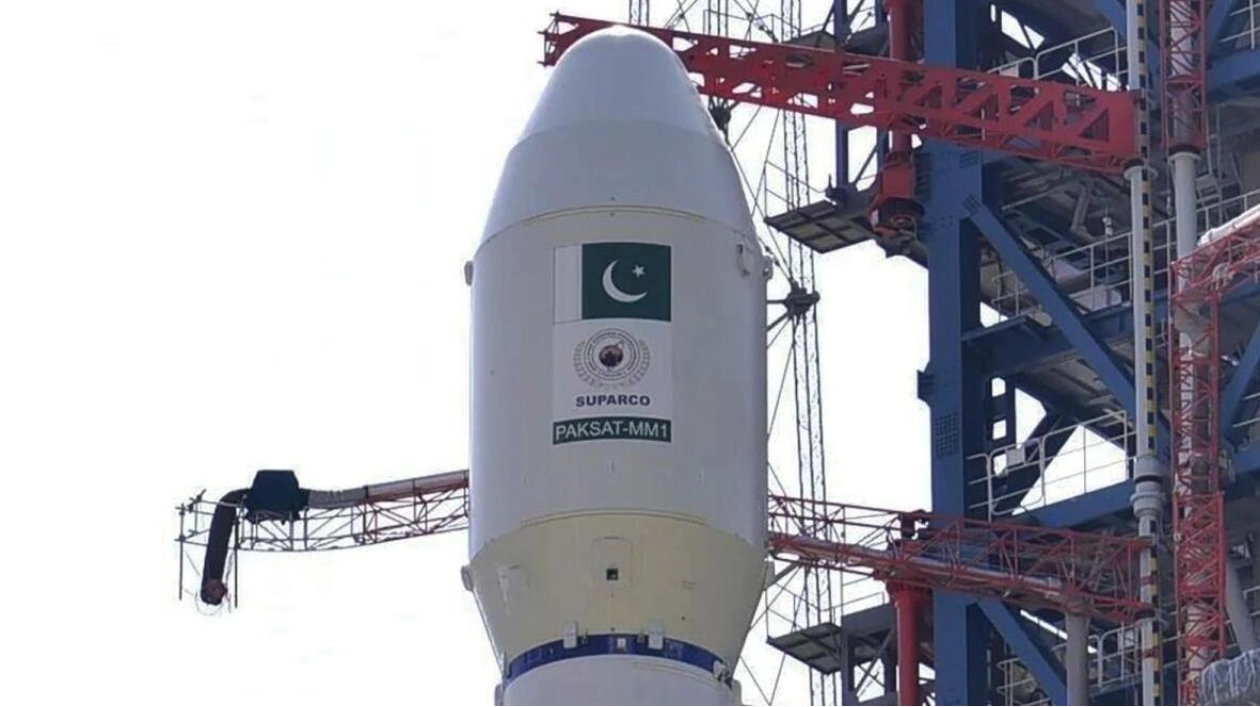In recent years, Pakistan has made substantial progress in various technological fields, highlighting its ability to innovate and incorporate modern solutions into daily life. These advancements underscore the country's dedication to utilizing technology for societal benefits, economic growth, and improving the quality of life for its citizens. Amidst the dynamic global technological landscape, Pakistan emerges as a nation making significant strides, leveraging digital innovation to establish its presence in the modern world. Historically recognized for its rich cultural heritage and strategic geopolitical importance, Pakistan is now gaining acclaim for its impressive technological advancements. We explore five transformative digital innovations that exemplify Pakistan's technological renaissance, each reflecting the nation's ingenuity, resilience, and forward-thinking approach.
In the bustling cities of Islamabad and Lahore, AI algorithms are being implemented to optimize traffic flow, marking a significant step in smart city initiatives. These AI-powered systems dynamically adjust traffic signals based on real-time data, aiming to reduce congestion and improve travel times. Unlike traditional traffic management systems that rely on static signal timings, AI can analyze data from various sources to make real-time adjustments, ensuring a more responsive and adaptive traffic management system. By utilizing machine learning and predictive analytics, these AI systems can anticipate traffic patterns and adjust signals accordingly, providing valuable insights for long-term urban planning and reducing bottlenecks. The implementation of AI in traffic management not only enhances daily commutes but also offers broader environmental benefits, such as reduced fuel consumption and decreased emissions.
Pakistan is pioneering a blockchain-based platform to trace the entire supply chain of agricultural products, aiming to ensure transparency, authenticity, and fair trade practices. This initiative promises to address critical issues such as food safety, fraud, and inefficiency in the supply chain. Blockchain, a decentralized and immutable ledger, records every transaction and movement of products within the supply chain, providing consumers with a transparent view of their food's journey from farm to table. This transparency builds trust among consumers concerned about the origin and quality of their food. The blockchain network includes farmers, suppliers, distributors, and retailers, each logging data into the blockchain, creating a verifiable and tamper-proof record. This ensures the authenticity of products and helps in identifying and eliminating inefficiencies. Blockchain technology also empowers farmers by ensuring fair trade practices, automating payments and agreements, and ensuring timely and fair compensation for their produce.
Pakistan is at the forefront of a technological revolution in agriculture with the development of nano-satellites equipped with hyperspectral imaging sensors. These small yet powerful satellites monitor crop health, soil moisture levels, and environmental changes, providing precise data for agricultural decision-making. Hyperspectral imaging sensors capture a wide spectrum of light, allowing for detailed analysis of the Earth's surface. This technology can detect subtle changes in crop health, such as nutrient deficiencies or pest infestations, enabling farmers to take timely and targeted actions, improving crop yields and reducing losses. Soil moisture levels are also monitored accurately, helping farmers optimize water usage and ensure crops receive the right amount of water at the right time. Nano-satellites can track environmental changes, providing insights into climate patterns, weather conditions, and natural disasters, enabling farmers to mitigate the impact of adverse events.
The Digital Pakistan Initiative is a comprehensive framework aimed at transforming Pakistan into a digitally empowered nation. This initiative encompasses various projects and programs designed to promote digital literacy, enhance internet access, and support the growth of the tech industry. Key components include the development of digital infrastructure, the promotion of e-governance, and the encouragement of digital entrepreneurship. By providing a conducive environment for startups and tech companies, the initiative aims to position Pakistan as a hub for technological innovation and digital commerce. The Digital Pakistan Initiative is a testament to the government's commitment to leveraging technology for socioeconomic development, fostering a digitally inclusive society, enhancing governance, and driving economic growth.
Pakistan has begun exploring 3D printing technology in healthcare, particularly for prosthetics and medical implants. This technology enables customized, cost-effective solutions for patients in need of prosthetic limbs and specialized medical devices. 3D printing allows for the production of personalized prosthetics and implants tailored to individual patient requirements, based on digital scans or models. Ongoing research focuses on developing biocompatible materials suitable for medical use, ensuring safety and durability of 3D-printed healthcare products. Healthcare professionals can quickly prototype and iterate designs for medical devices and implants, reducing development time and costs. Pakistan has also seen a rise in telemedicine platforms, which connect patients with healthcare providers through digital means, offering remote consultations, diagnostics, and prescriptions.






